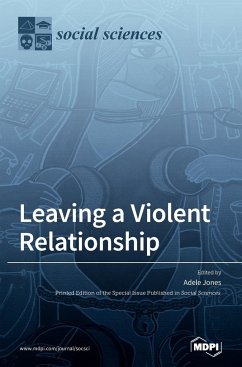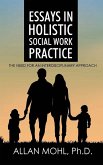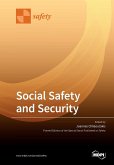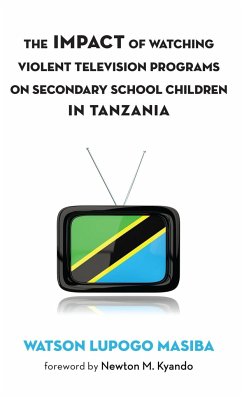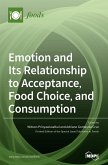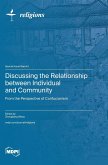Intimate partner violence (IPV), defined as physical, sexual, emotional, and economic abuse and controlling behaviors inflicted within intimate partner relationships, is a global crisis that extends beyond national and sociocultural boundaries, affecting people of all ages, religions, ethnicities, and economic backgrounds. Though studies exist that seek to explain how people become trapped within violent relationships and what factors facilitate survival, escape and safety, this book provides fresh insights into this complex and multifaceted issue. People often ask of women in abusive relationships "why does she stay?" Critics suggest that this question carries implicit notions of victim blame and fails to hold to account the perpetrators of abuse. The studies described in this book, however, explore the question from the perspectives of survivors and represent a shift away from individual pathology to an approach based on the recognition of structural oppression, agency and resilience. Comprising eight chapters, new theoretical frameworks for the analysis of IPV are provided to guide practitioners and policy makers in improving services for vulnerable people in abusive relationships, and a range of studies into the experiences of a diverse range of survivors, including mothers in Portugal, women who experienced child marriage in Uganda, and refugees in the United States of America, generate findings which elucidate perspectives from marginalised and under-researched groups.
Hinweis: Dieser Artikel kann nur an eine deutsche Lieferadresse ausgeliefert werden.
Hinweis: Dieser Artikel kann nur an eine deutsche Lieferadresse ausgeliefert werden.

